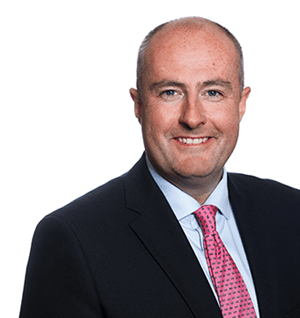It’s not every day you decide it’s time to sell a farm and buy another. A daunting prospect and a big decision, it helps to have all the facts at your disposal before you get started.
One of the main mysteries is how much the process costs. Selling agents’ fees are not set in stone and vary depending on factors such as the nature and extent of the sale, the work involved, the time they expect it will take and the basis of the instruction.
Factors that determine the cost to sell a farm:
As a general rule, fees range from one to three per cent of the sale price. The lower end of that scale typically represents a more straightforward sale, usually with a local agent. The higher end of the scale is usually for a national agent and a more complex case.“This higher commission will get you access to a national or international network of buyers and buying agents, other experts, and more comprehensive marketing tools and exposure,” says Andrew Chandler, Carter Jonas Head of Rural Agency. “Fees should only hit 3% if you decide to appoint joint agents, where they will share the fee and work in collaboration.”
Fees will also be influenced by how much work the agent expects will be required. For instance, if the property in question has complex lotting, extensive buildings or planning consents to consider the agent will charge more, or if they are required to do all the viewings.
“The job of the agent is not just to find a buyer, it’s also to make sure that the purchase gets over the line, and all of these variables will make that more time-consuming,” adds Mr Chandler.
The fee in question is usually invoiced upon exchange, but you won’t be expected to pay it until completion when the funds become available.
Additional costs to sell a farm:
There are also other costs to consider.
Floorplans, EPCs, photos, brochures and sale plans are all essential and charged extra. Sometimes, an agent will also advise investing in advertising too.
“These costs would normally be incurred up front – and therefore payable regardless of sale success – but many agents won’t expect the bill to be settled until the sale has completed,” says Mr Chandler.
“You also need to consider costs for other professionals – for example, solicitors’ fees or tax advice. Depending on how quickly you want to sell, you could investigate adding value by exploring opportunities for development or renewables, and it would be worthwhile regularising any planning or change of use issues, to reduce complications further down the line.”
Choosing a cheaper agent could prove a false economy.
“When instructing an agent, make sure that you’re choosing a seasoned operator, who has a good profile in your area and access to the right buyers and buying agents for your property,” says Mr Chandler.
Buying a farm: should you use a buying agent?
If you’re also looking to purchase a farm, a buying agent will find you a suitable listing and negotiate on your behalf. This is down to individual choice, but it can prove a wise decision.“This can be a substantial cost but it’s a popular solution and may also give you access to parts of the market that are not (yet) widely publicised,” says Mr Chandler. “Fees for this are normally charged on a consultancy or retainer basis, plus a percentage of a successful purchase.”
If you’re considering putting your farm on the market, contact Andrew Chandler by emailing Andrew.Chandler@carterjonas.co.uk or calling 01962 833386.
Keep informed
Sign up to our newsletter to receive further information and news tailored to you.



